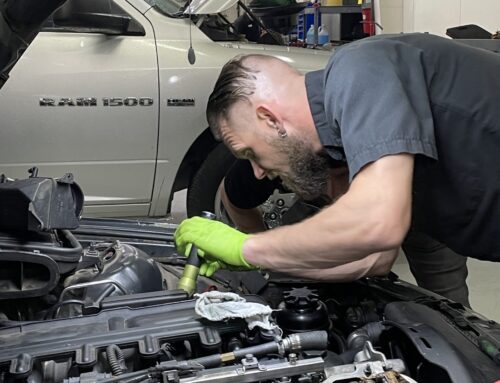How Much Does Wheel Bearing Replacement Cost? - how expensive are wheel bearings
Frontwheelbearing noise symptoms
Fifth Gear Automotive specializes in auto service and auto repair. We service all makes and models – both domestic and import – with locations in Lewisville and Argyle, Texas.
In a good quality bearing, a low noise lubricant is recommended as finely filtered greases will allow the bearing to run quietly due to the absence of larger solid particles. Poor fitting practices can cause dents in the bearing raceways which will greatly increase vibration. Finally, a low noise bearing must be free of contaminants so, if the bearing is not used in a very clean environment, protection against dirt, such as contact seals, should be considered.
Average life ofwheel bearings
Q: “When should I replace my wheel bearings?”A: Eventually, all wheel bearings wear out and will need to be replaced. Assuming normal service under typical driving conditions, the newer, “hub-assembly” style bearings found on most modern vehicles should last around 100,000 miles when maintained properly. The older style bearings might last just as long but it’s a good idea to start having them checked regularly once they reach about 60,000 miles. In performance applications or on modified cars, as is the case with this Porsche 944 Turbo pictured here, you can expect the “life-span of the wheel bearings” to be significantly shorter. The wheel bearings on the drive wheels weren’t meant to be able to handle the throughput of increased horsepower that heavily modified cars achieve over the factory stock configuration. Furthermore, the wider wheels and tires that are often fitted to modified cars in order to accommodate that increased power and transfer it to the road are also extremely hard on the wheel bearings.Q: “How Do You Know if Your Wheel Bearings are Bad?” / “Signs and Symptoms of Wheel Bearing Failure” A: When they initially begin to fail, wheel bearings first begin to get loose. This allows the wheels to “wobble” slightly as they roll down the road, which leads to “uneven tire wear”. This looseness, or “bearing play” is usually too subtle to be felt through the steering wheel, at least at first. As the wear increases, the bearing’s ability to mitigate or limit friction becomes increasingly compromised and heat generated from that increased friction will begin to build up. It is at this point when the decline in bearing integrity speeds up dramatically, and when the first noticeable signs of “wheel bearing failure” become apparent to the driver. When the heat becomes great enough, the grease lubricating the bearing will burn away, further increasing friction and heat. At this point the driver can usually feel “grinding” and some “pull in the steering wheel”, but by far the most common symptom is the “howling noise” coming from the bearing as the car is driven (sometimes described as a “whining noise”). The faster the speed, the louder it gets. After all of the bearing grease is lost, the friction of metal on metal will rapidly build up heat, eventually reaching the point of being hot enough to even soften the steel. Once the wheel bearings have worn to this state, it is critical to have the issue addressed by a qualified auto shop. (We could probably recommend one…)
A good quality, low noise bearing will have excellent surface finish on balls and raceways and the roundness of the balls and bearing rings will be very closely controlled. Specifying a radial play that allows the bearing to operate with almost zero radial play when in use will help to control noise. If the shaft or housing tolerances are incorrect, the bearing can be too tight leading to excessive noise while poor shaft or housing roundness can distort the bearing rings, also causing the bearings to be noisy.
Our determination to remain specialised gives us a high level of product knowledge, providing bearing and lubrication solutions to existing or potential customers, whether individuals or large corporations. We don’t just sell bearings, we help to solve your problems. - Chris Johnson, managing director of SMB Bearings.
How long will awheelbearing last once it starts making noise
When to change wheel bearingstoyota
For advice on the best low noise bearing and lubricant for your application, contact SMB Bearings on +44 (0) 1993 842 555 or sales@smbbearings.com.

Q: “What happens if I don’t replace my wheel bearings?” A: If left unattended to, catastrophic axle failure is possible at this stage, which is exactly as bad as it sounds as it can often result in separation of the wheel from the car. In other words, the wheel can literally come off while driving down the road. It’s rare, but it is an eventuality that can and does occur in instances of extreme long-term neglect. If you think you might be in need of a wheel bearing replacement, or simply just want to have yours checked out by a certified auto mechanic, give us a call today at 972-317-4005!
Fifth Gear Automotive specializes in auto service and auto repair. We service all makes and models – both domestic and imported.
Noise in a bearing is caused by a number of factors that increase vibration. Rough or damaged balls or raceways, poor ball/raceway roundness, contamination inside the bearing, inadequate lubrication, incorrect shaft or housing tolerances and incorrect radial play can all contribute to noise.




 8613869596835
8613869596835